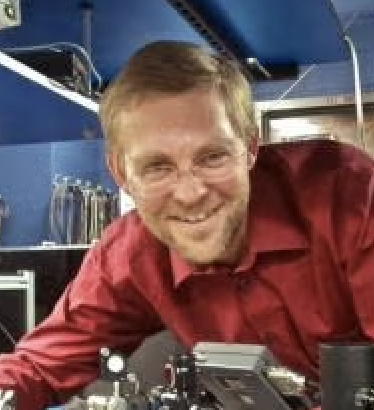The Partnerships for Research and Education in Materials (PREM) for functional nanomaterials seeks to leverage the expertise and capabilities at each partner institution to further material science research in nanostructures materials. We integrate the materials characterization and nano fabrication capabilities at Fort Lewis College, the crystal growth and nanofabrication capabilities at Norfolk State University and ultimately capabilities for functional imaging available through the STROBE partnership. These partnerships allow students to experience and work on the entire process of advancing material design and developing partnerships and connections that propel them to graduate programs or industry.
Research Project 1
Precision growth and characterization of quantum and non-linear crystalline materials
Novel emergent physical properties in complex crystalline materials are a promising route to novel technologies, including quantum devices. PEAQS researchers are developing techniques to grow and characterize crystalline ferroic oxides, topologiccal insulators, and non-linear optical crystals such as CaFe2O4, CuBi2O4, CuPd2O4, and Bi1.5Sb0.5Te1.8Se1.2.


Leads
Research Project 2
Characterization of microparticles and live cells in fluids
Live cell and microparticle sorting and characterization is critical for biomedical applications. PEAQS researchers are developing ultrafast imaging and sorting technologies for live cells and microparticles in fluids using microstructured devices, micro-raman, and high-speed imaging.
Research Project 3
Developing substrates for Lung-on-a-chip research and biological SEM imaging
The ability to image in high resolution live tissue is critical for future biomedical and biophysics technologies. Based on biomimiquery approaches, PEAQS researchers are developing and characterizing sample platforms that would emulate biological structural and mechanical properties of alveolar-capillary interface of human lungs to grow and study live lung cells.
Developing layered nanosensor arrays for brain functional imaging (Leads: Yoon, Murnane)
Imaging of fast electrical network activity in the nervous system is a major goal in current neuroscience. Fast electrical impedance tomography (f-EIT) is 2D and 3D imaging of brain function with high temporal resolutions. PEAQS researchers are developing, fabricating, and characterizing novel arrays of layered nanoscale probes to measure fast brain activity with high-throughput.
Research Project 4
Advanced nanopatterning for EUV thermal and acoustic nanometrologies
Thermal properties of materials at the nanoscale behave much differently than their macroscale counterparts. Researchers are using electron beam lithography to fabricate a variety of nanostructures of different substrates for EUV thermal and acoustic nanometrologies to understand this behavior. This will help better understand the design challenges of the next generation of microprocessors or quantum computers.









